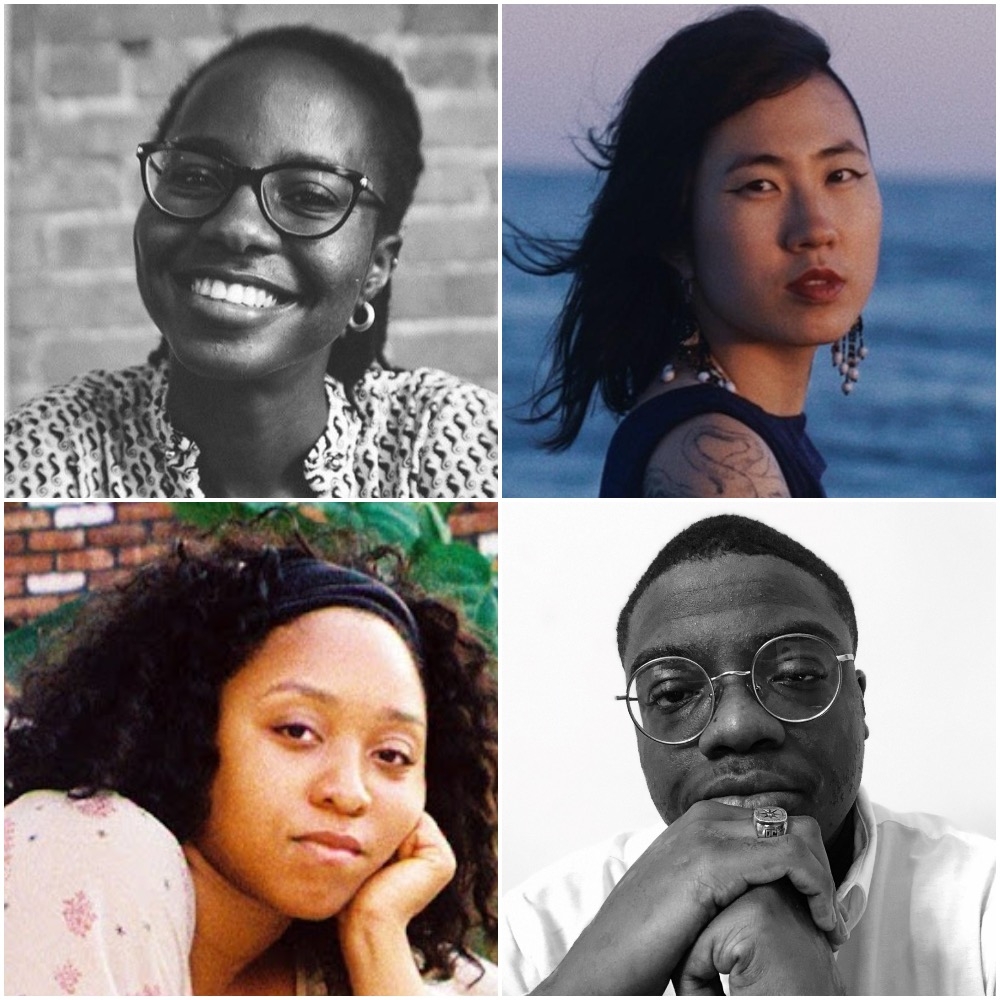The Tisch HEAR US Award winners have been announced, recognizing Grad Film students Ifeyinwa Arinze, Jess X. Snow, Nile Price, Zenzele Ojore.
Ifeyinwa Arinze’s Ph.D.ing While Black (recipient of the Kyoko Arai Fund): Ph.D.ing While Black is an intimate and lyrical short documentary about three Black female Ph.D. students, how they navigate predominantly white academic institutions and their access, or lack thereof, to support systems. The focus of this project is to complicate society’s understanding of Black women by showcasing them in their strengths and vulnerabilities, as well as their nuanced experiences of their doctoral programs. This project asks: when the expectation is to be persistently strong, where can one go to be soft?
Jess X. Snow’s In the Future Our Asian Community is Safe: The project is a mural in NY Chinatown, accompanied by augmented reality and an immersive website which envisions a future where we transcend anti-Asian racism, policing, and borders by cultivating healing, community, collective imagination and solidarity. Envisioned and painted with youth in the W.O.W. Project community in Chinatown and BIPOC community members, the mural depicts a youth holding a red envelope casting a spotlight on Chinatown elders in monumental embrace as Indigenous plants of Lenapehoking (NYC) grow from the concrete and soar into the sky above them. Visitors will be able to use augmented reality to see the mural animate to life — the Indigenous plants will bloom and reclaim the streets, and diasporic birds from Asia will weave through an elder’s embrace. The project will also explore how our visions of safety for Asian communities are interconnected with the sovereignty of Indigenous and Pacific Islander communities. Visitors globally will be invited into this portal to share a love letter that manifests safety, mutual care, and communal protection.
Nile Price’s For the Moon: A coming-of-age story set in 1959 that follows a 9-year-old precocious African-American who enters an all-white library, in a deeply segregated South Carolina, and refuses to leave without his books. Based on the true story of Ronald McNair.
Zenzele Ojore’s The South is My Sister's Skin (Feature): In 2019, Zenzele made the short film The South is My Sister's Skin, which served to create a portrait of her earliest childhood through a series of vignettes of her family. She now returns to that story, seeking to expand it into a narrative feature film that tracks her and her sister's coming-of-age story as two black girls born and raised in the American South. For her grant project, she will be doing field research in several states in the American South this upcoming summer as she works to develop her concept into a feature-length film script.
Launched in December 2020, the HEAR US Awards (Honoring, Elevating, and Recapitalizing Underrepresented Stories), were designed to celebrate and advance student projects that center BIPOC voices and stories, and to fund students actively working to combat systemic marginalization in the creation and leadership of artistic and scholarly works.
